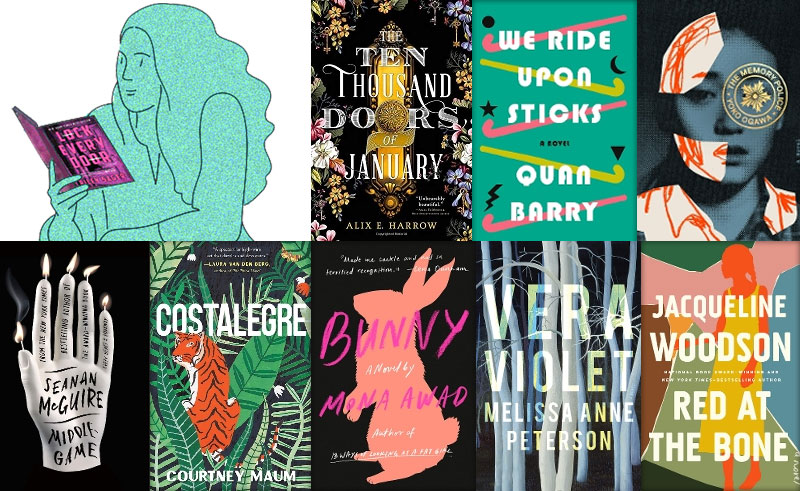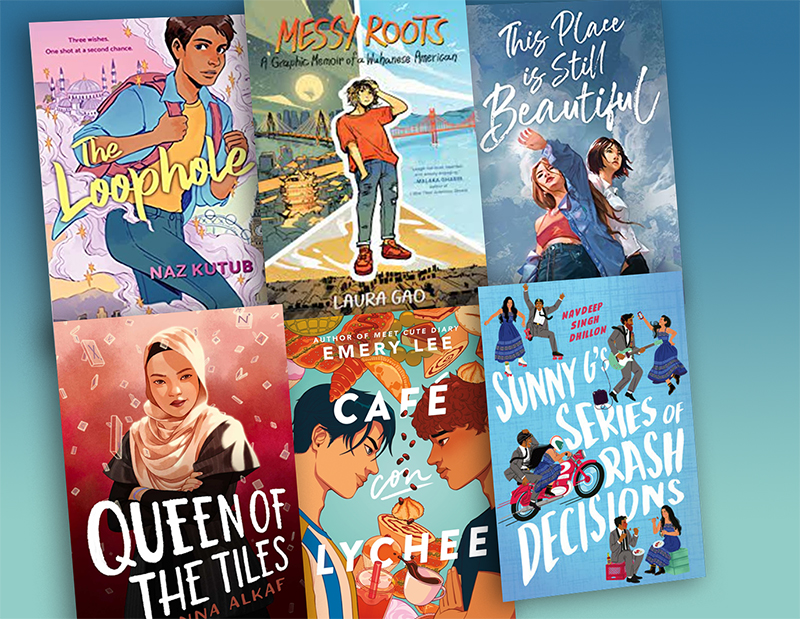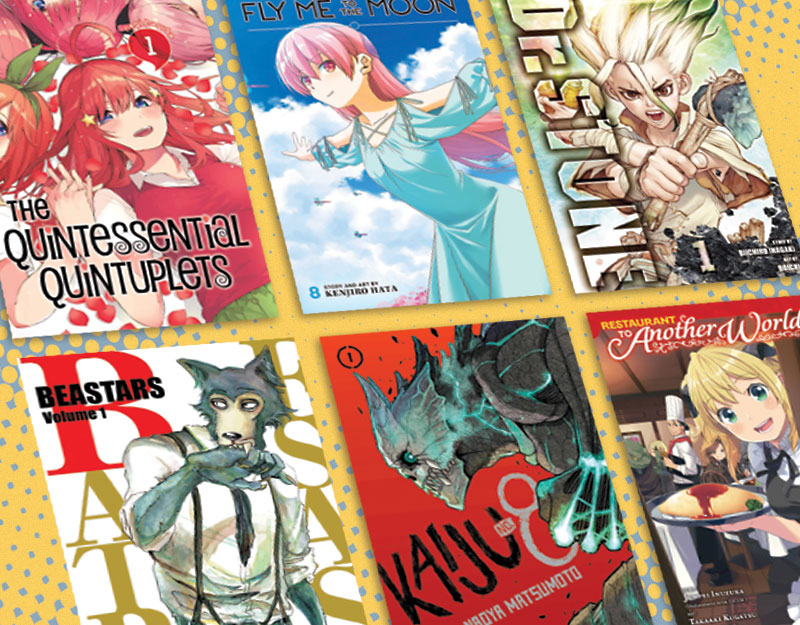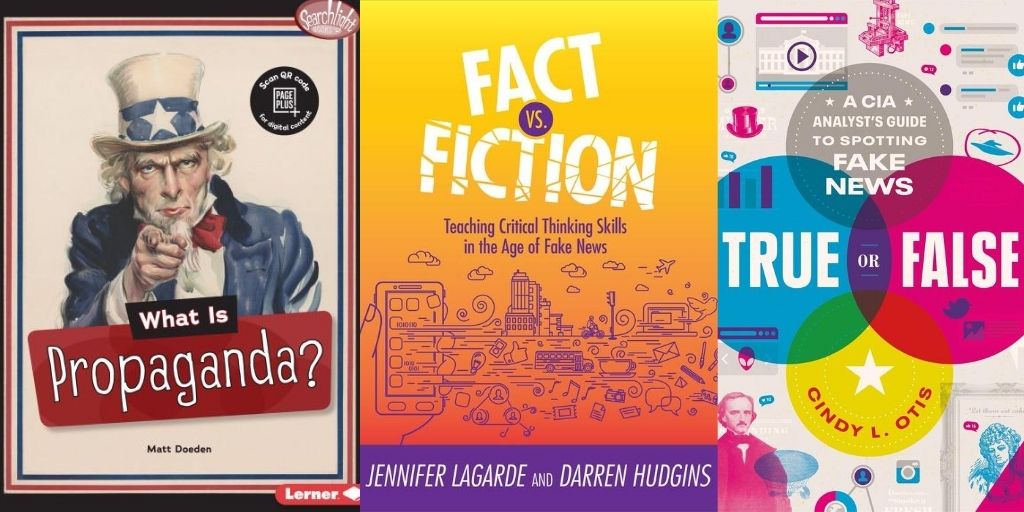A Whodunit for the STAND BY ME Generation, a guest post by Melanie Conklin
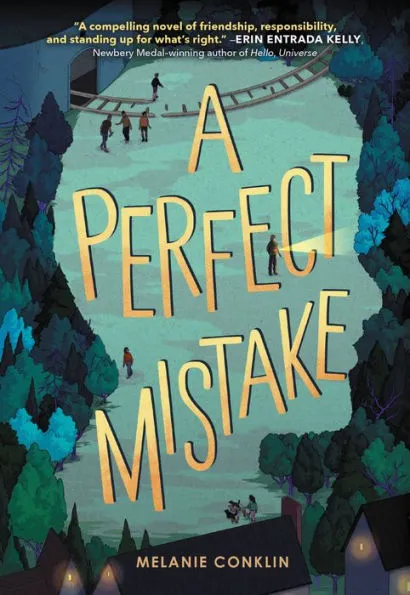
I’ll never forget the first time I watched Steven Spielberg’s iconic childhood murder mystery, Stand By Me. In case you haven’t seen it, this classic film is about four boys who strike out on their own to find a dead body that’s rumored to be hidden near some train tracks. They want to be the first to find this kid, but they’re also terrified to see his body, which leads to some deep and hilarious conversations as they trek across fields and woods and train tracks and neck-deep pockets of swamp water to where the body is rumored to be. The leeches alone would have made the movie memorable. Add in the blueberry pie eating contest, and I was enthralled.
Here we have a band of kids defying adults and older siblings and the police and everyone else to solve a mystery that both captivated and terrified me. By that age, I’d seen a few dead bodies, but only at funerals and in National Geographic magazines. I was just as scared as the boys were to see this dead kid. It felt like when they found the body, their lives would change in a permanent and irrevocable way, and yet none of us could resist our own curiosity.
ADVERTISEMENT
ADVERTISEMENT
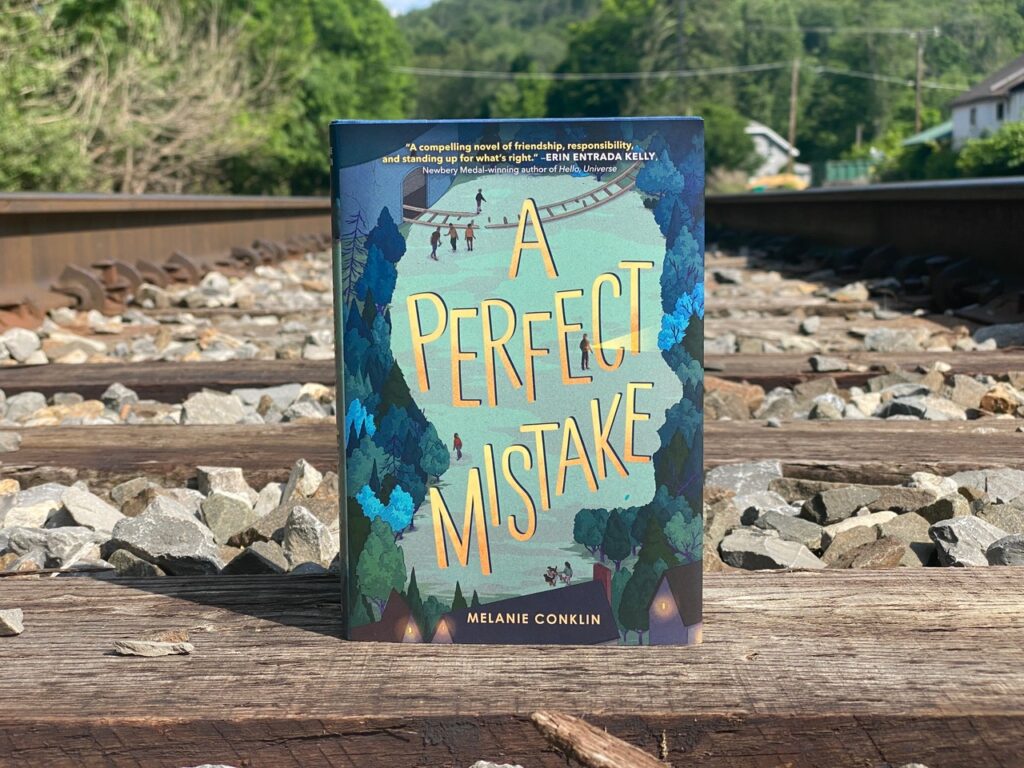
Being twelve years old feels a lot like being swept along by a powerful tide towards a questionable outcome. You wake up in a body you don’t recognize. You go to school to find your friend group entirely dismantled. Your parents let you down. Your siblings grow distant. There is a sudden violence to adolescence that Stand By Me captures perfectly. Growing up is brutal. The pain is real, and despite our best efforts, we can’t always avoid suffering.
The thing is, Stand By Me is not just a whodunnit mystery or a coming of age story about pre-teen boys getting through adolescence. This movie is also a love letter to writers. The entire story is told from Gordy’s point of view. He’s one of the four boys, and the narrator, who is literally typing this manuscript into his ancient computer as a middle-aged father several decades later (I think somehow that really stuck in my subconscious, because it took me until middle age to start writing fiction). Gordy is a writer. He’s telling this deeply personal and intimate story from his childhood—and oh yeah, there’s a dead body.

I may not have incorporated an actual dead body into A Perfect Mistake, but there is a body. At the beginning of the story, you meet Max, my eleven-year-old narrator. He’s very tall for his age, and he has ADHD, and he’s struggling with his role in an incident that left one of his best friends in the hospital and the other one shutting Max out.
Max doesn’t know how to help Will, who’s in a medically induced coma, and he doesn’t know how to reach Joey, who’s angry and combative every time Max tries to talk to him. Much like Gordy, Max doesn’t understand how he ended up in such a precarious situation and he isn’t sure he has the guts to see it through.
Max’s bewilderment reflects the way I felt a lot of the time in middle school. Much like Gordy in Stand by Me, twelve-year-old Mel was much happier reading a book or drawing or writing in my notebook than navigating friendships. I was cursed with a total lack of poker face and a gift for soul-snatching honesty, and those qualities made it challenging to make friends. I wasn’t a good liar. I never have been, so I never expected to be lied to. I got blindsided many times by false friends and changing alliances. My best friend once set me up to get beaten up by another girl, all because my best friend feared I had spread some rumors about her. (I had not.) When this other girl attacked me at my locker, I fought back. I don’t freeze or run. I’m a fighter. I fought without any idea what was happening, and it was so utterly depressing to find out later that my best friend had set me up.
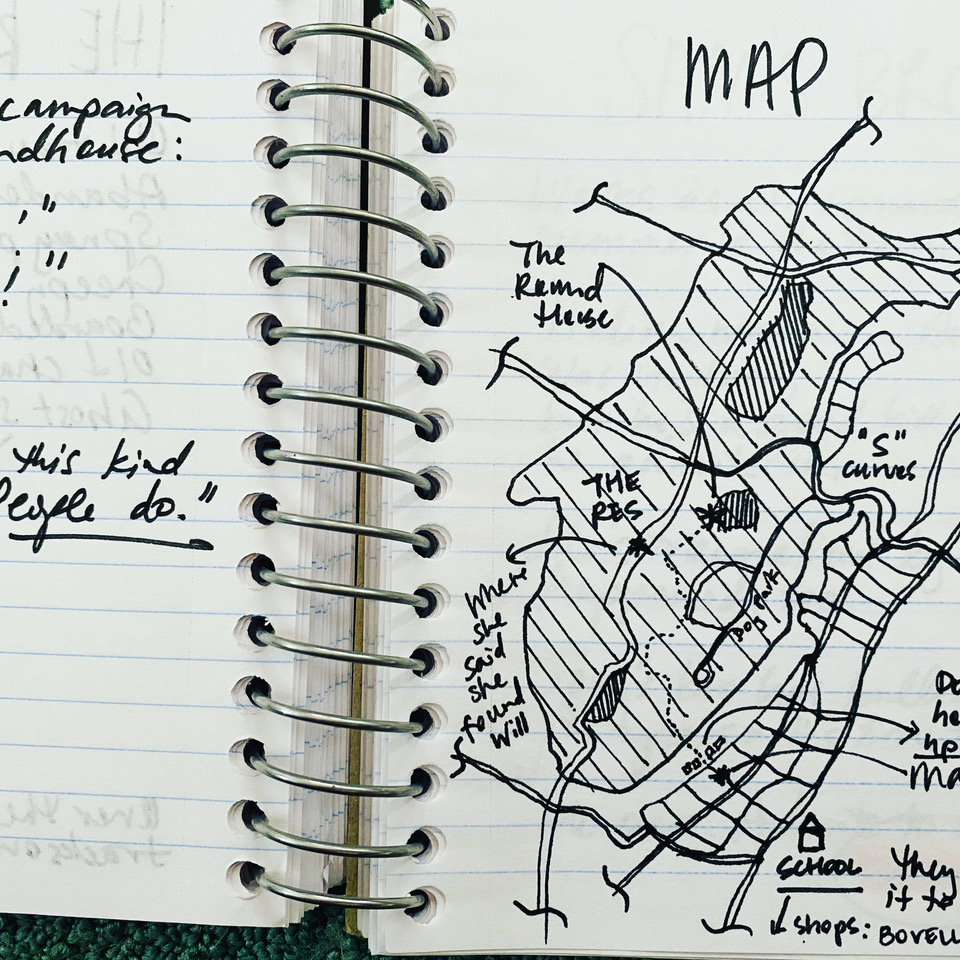
ADVERTISEMENT
ADVERTISEMENT
Shockingly, we were still friends for a while after that, but I remained suspicious of friendship. Being someone’s friend requires trust, and trust opens you up to being hurt. In A Perfect Mistake, Max learns about the pain of broken trust, but thanks to his supportive family he still chooses to lean into vulnerability. He’s ashamed of his role in the incident that got Will hurt, but he has to face that hard truth to figure out what really happened that night, even if it brings him pain. He has to look for the body.
If I could go back in time and speak to middle school Mel, I’d tell her not to worry so much about what other people think. Other people aren’t thinking about you as much as you imagine. If your friend hurts you, it’s not your fault for being their friend. It’s perfectly okay to end a friendship, and it’s also okay to forgive. What matters is staying true to yourself. This is Gordy’s journey in Stand By Me, and also Max’s in A Perfect Mistake. Both of them try to do the right thing, even though it’s not easy. Like Gordy, Max is the hero of his story. In the end, he’s the one we’re rooting for. I like to think that Steven Spielberg would root for Max, too.
Meet the author

Melanie Conklin grew up in North Carolina and worked as a product designer before she began her writing career. Her debut middle grade novel, Counting Thyme, is a Bank Street Best Children’s Book, winner of the International Literacy Association Teacher’s Choice Award, and nominated to four state reading lists. She is also the author of Every Missing Piece, A Perfect Mistake, Crushed (2024), and her picture book debut, When You Have to Wait (2023). When she’s not writing, Melanie spends her time doodling and dreaming up new ways to be creative. She lives in New Jersey with her family.
About A Perfect Mistake
A moving, voice-driven novel about friendship, responsibility, and fighting against unfair expectations, for fans of Rebecca Stead and Erin Entrada Kelly.
Max wishes he could go back in time to before he was diagnosed with ADHD, before he grew to be the tallest kid in his class, and before he and his best friends went into the woods in the middle of the night. Max doesn’t remember what happened after he left his friends Will and Joey and the older kids who took them there. He’s not sure if he wants to remember. Knowing isn’t going to make Joey talk to him again, or bring Will out of his coma.
When the local authorities run out of leads, Max realizes that without his help, they may never know what really happened to Will. Charged by the idea that he may be the key to uncovering the truth, Max pairs up with classmate and aspiring journalist Sam to investigate what really happened that night. But not everyone in the community wants that night to be remembered.
ISBN-13: 9780316668583
Publisher: Little, Brown Books for Young Readers
Publication date: 07/12/2022
Age Range: 8 – 12 Years
Filed under: Guest Post
About Amanda MacGregor
Amanda MacGregor works in an elementary library, loves dogs, and can be found on Twitter @CiteSomething.
ADVERTISEMENT
ADVERTISEMENT
SLJ Blog Network
2024 Books from Pura Belpré Winners
In Memorium: The Great Étienne Delessert Passes Away
Winnie-The-Pooh | Review
Parsing Religion in Public Schools
ADVERTISEMENT



